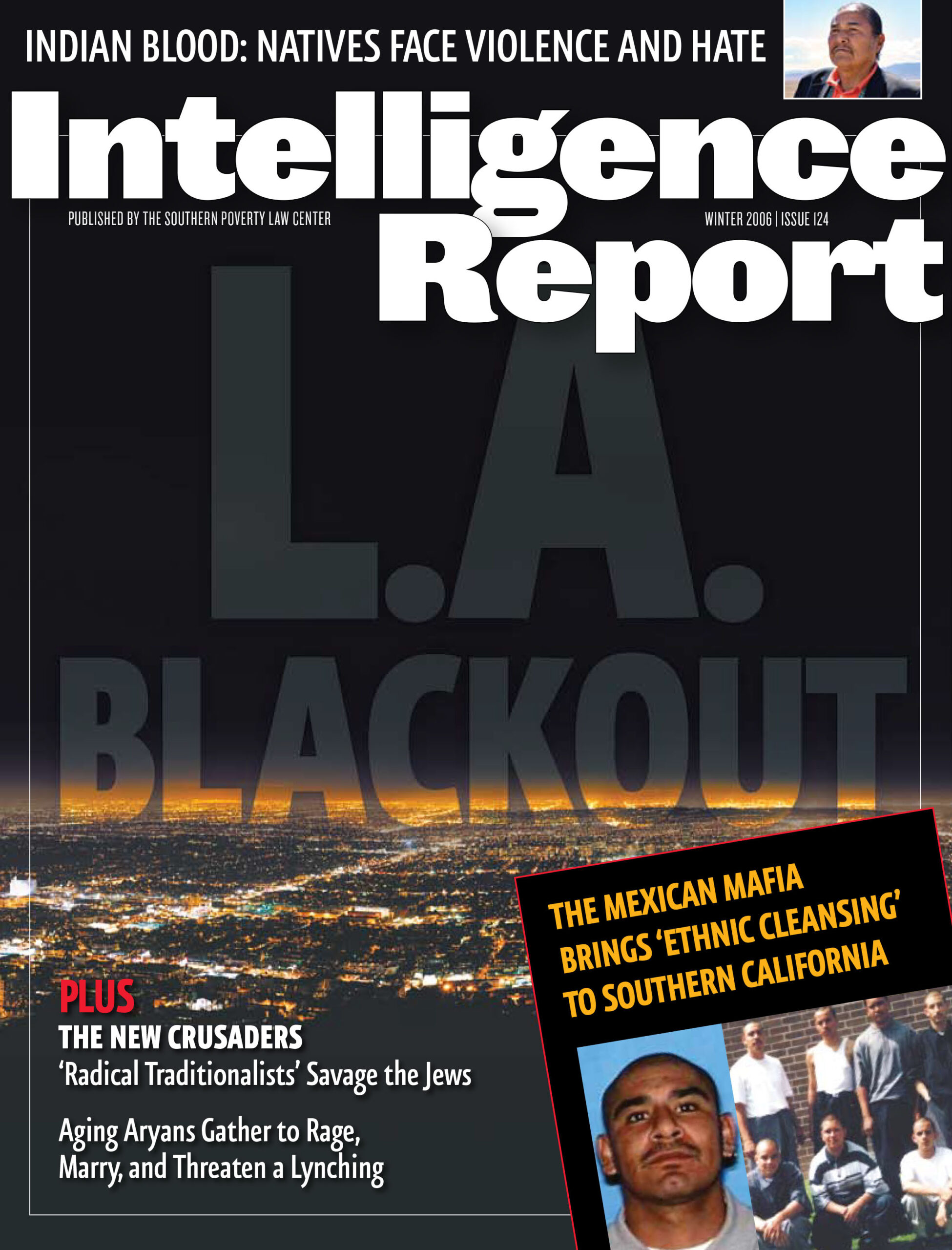First there was the Chicago Seven; now there’s the SHAC Seven. At least that’s how historic some animal rights radicals view the precedent-setting conviction last March.
First there was the Chicago Seven; now there’s the SHAC Seven. At least that’s how historic some animal rights radicals view the precedent-setting conviction last March 12 of six activists from Stop Huntingdon Animal Cruelty (SHAC), a Philadelphia-based animal-rights outfit that published detailed personal information about its enemies on its Web site.
Five months later, in September, six SHAC activists were sentenced on charges of using the Web site to incite harassment of employees of Huntingdon Life Sciences, which tests drugs and household products on animals, and of firms that did business with Huntingdon. The prison sentences ranged from one to six years. The six convicted activists and the organization itself, which was the seventh defendant, also were ordered to pay $1 million in restitution to their targets.
The government alleged that SHAC and its activists waged a five-year campaign against the company that included posting the names, addresses and phone numbers of Huntingdon employees and those who do business with the company. The group also posted the names and addresses of churches and schools attended by Huntingdon employees and their children. Many of those listed on the SHAC Web site saw their homes vandalized and received threatening E-mails, faxes and phone calls.
The SHAC Seven were the first defendants to be convicted under the federal Animal Enterprise Terrorism Act, which greatly strengthened penalties for crimes directed at businesses using animals. The case was legally remarkable because none of the defendants were accused of personally making threats or carrying out vandalism, and the SHAC Web site did not directly suggest such actions. A similar case was brought successfully in 1998 by Planned Parenthood against anti-abortion extremists who had published personal information of abortion providers, but it was an easier-to-prove civil lawsuit and not a criminal prosecution. In the Planned Parenthood case, a judge ultimately described the Georgia-based anti-abortion Web site where much of the information was published as a “true threat” and ordered it shut down.
SHAC’s defense team sought to portray their clients as animal-lovers who committed “crimes of compassion” and had their hearts in the right place.
The most notorious among those sentenced is Kevin Kjonaas, a 10-year veteran of animal-rights causes who was SHAC’s president until his indictment in 2004. The Minneapolis native, who received a sentence of six years, began his career with a college dining hall campaign for vegan food.
In other news about extremist animal-rights groups, three Seattle activists apparently associated with the increasingly violent Animal Liberation Front (ALF) have claimed responsibility for a violent attack on a homeless man. According to local press reports, the activists allegedly ambushed and beat the destitute man over a dispute involving his dog. During the attack, the three assailants reportedly screamed, “Animal Liberation Front!” and “ALF!”



